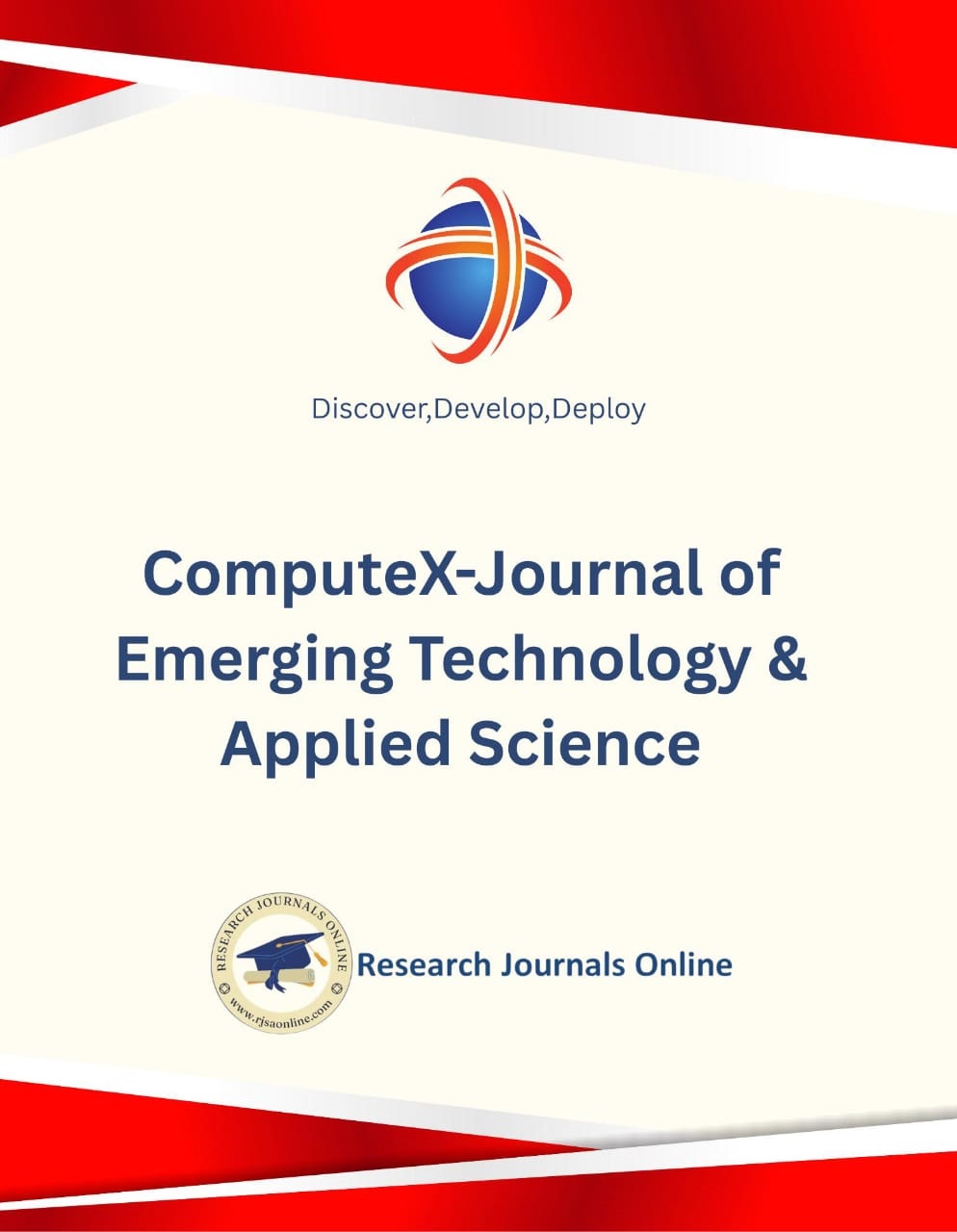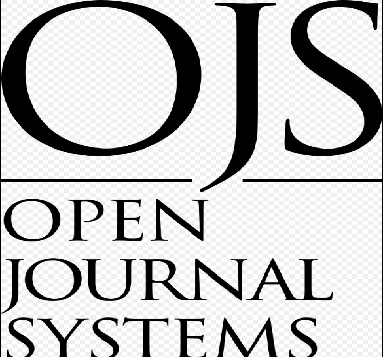Journal Information:
- Name of Journal: ComputeX - Journal of Emerging Technology & Applied Science
- Journal Frequency: Quarterly
- Online ISSN (E): 3106-7166
- Online ISSN (P): 3106-7158
- Language: English
- Name of Publisher: RESEARCH JOURNALS ONLINE (SMC-PRIVATE) LIMITED
- Review Type: Double Blind Peer Review
- Area of Publication: Computer Science, Engineering, Emerging Technologies, and Applied Sciences









